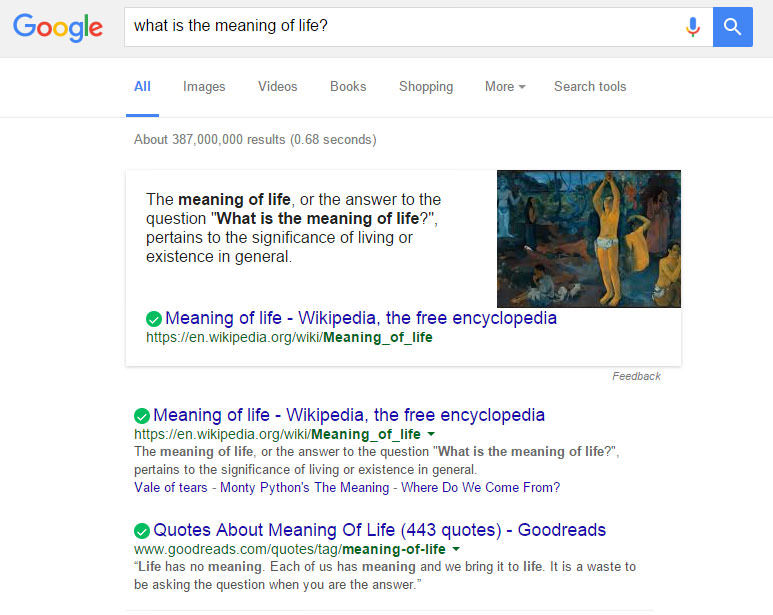Welcome to the January 2016 edition of Juicy SEO’s Monthly SEO Report, Happy New Year! 🙂
As per the last couple of years we will be continuing out monthly look at SEO and online marketing and remove all the fluffy that doesn’t really help your website perform better and highlighting all the good stuff!
We will as per normal try and keep it down to 120 seconds so you get the information you need as quick as possible so you can get on with the rest of your day.
General SEO News
– Google have recommended that you do NOT use decimal points in your pages URL, the search engine says it makes it hard for them to understand the page.
– This month Google explained that links to websites from your own do not help your website rank better (we wrote a short blog post on this on our Google ranking factor found page), obviously the link will help the other website.
– At the top of the search results in Google you may have noticed a box containing an answer to your query. This is called ‘Featured Snippets’ and it is a section from a website which Google has decided provides the best answer. Many people in the SEO industry, myself included feel this is a disadvantage to the content owners website as it could stop the reader clicking to their site. However Google this month have said that Featured Snippets do not reduce the amount of visitors to websites but in fact increases them! hmm.

Featured Snippet example
– AOL search engine is now powered by Bing. This and other changes to Bing’s search engine has helped it gain a bigger slice of the searches (incidentally, Google is still by far the biggest search engine but their grip has loosened slightly).
– Mid January we saw some major movements in search results across the board, ‘Was this the Penguin update we have been waiting for?’ No. In fact, it was a Core ranking update (not including Panda – see below) so the wait for the Penguin update continues…
– Speaking of the Core search ranking algorithm (CSRA), Google have now confirmed that the Panda algorithm is now part of the CSRA.
– This month a test was carried out and found that 25% of 10,000 searches were websites which had SSL (HTTPS). We expect this to increase in time and therefore if your website has not currently got an SSL certificate and you are in a competitive industry you should consider securing your site.
– Google have said that the new version/update of their Penguin algorithm WILL be live in the first quarter of this year. Don’t blame me if I don’t hold my breath though!
– Google is now using their Search Console more to send out messages to website owners, these messages should not be received unnoticed as some are very important for your website. Of course all Juicy SEO clients don’t need to worry as we do this for you.
– Google paid Apple $1B in 2014 to provide search results for IOS devices; with all the talk going around that Apple are creating their own search engine, surely it is a better commercial decision to keep earning $1B per year for no work?
– As you may know, Google has it’s own search engine for Images (Example), this month they have said that although they do try and index new images as quick as possible they do not update indexed images with the same URL that often. Therefore, if you are using Google image search to gain traffic (and it is a very good way to do that) and you want to index a new image, then make sure the URL is also new. It does mean however the old image is still indexed.
– And finally Bing have changed their logo this month, didn’t Google do that not so long ago? Hmm, the word ‘sheep’ comes to mind! Anyway here is the new logo next to the older yellow version and the original one.

Bing logo 2016
If you missed previous monthly reports, don’t worry they are all in our monthly SEO section.
Glossary
Panda: The Google Panda update concentrates on the quality of the web page content, if the algorithm thinks the page is of low quality it might penalise it in Google’s search results.
Penguin: Google has an algorithm called Penguin which analyses links to web pages and identifies which ones are valuable or spam links. An example of a spam link would be a paid link to your site.
Pigeon: Google’s Pigeon algorithm concentrates on Local SEO, if you have a bricks and mortar business this is something you should take note of.
Phantom (Quality Update): This algorithm rewards website pages for good content.
TDL: A TLD means Top Level Domain like .com or .net or .co.uk.
